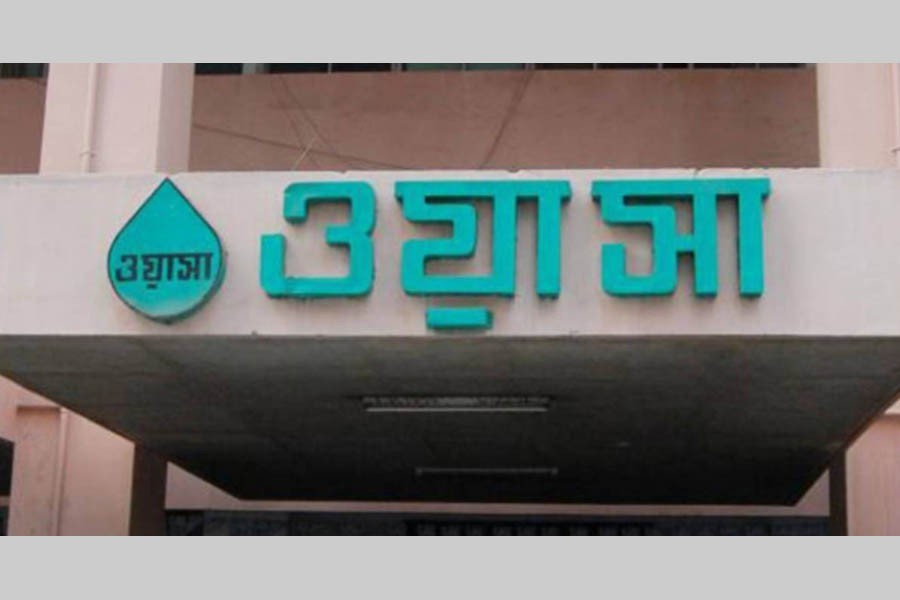Consumers, this time, have been exposed to double-trouble; they will have to pay more for their power and water bills, almost simultaneously. The Bangladesh Energy Regulatory Commission (BERC) has raised the power prices at an average rate of 5.3 per cent. The new rates will be effective from the first day of the next month. The BERC chairman announced the revised tariff at a press conference. The Dhaka Water and Sewerage Authority (DWASA) announced the highest ever one-time hike -- nearly 25 per cent for domestic and 9.0 percent for commercial consumers -- in water tariff through a newspaper advertisement.
The general people usually are opposed to any increase in prices of anything they are required to buy almost daily. The latest upward revision of water and power tariffs is sure to stir up discontent among them. The dissatisfaction may be at an intense pace since they are already hard-pressed by the recent hike in prices of many essential food items, including rice, edible oil, spices, vegetables and pulses. The non-food inflation, according to the Bangladesh Bureau of Statistics, has also gone up in recent months.
Besides, the latest hike in water and power rates has not gone well with the businesses who say the decision would hurt manufacturing industry badly. Export-oriented industries that are having a difficult time would be affected most, it seems. Meanwhile, questions are being raised about the justification behind the latest hike in power tariff when energy prices have been on the decline in the international market because of coronavirus outbreak. Moreover, the payment of a substantial amount of money on account of 'idle' capacity of private power plants has been adding to the cost of power production. Naturally, the move to pass on this cost to all types of consumers is adding to their woes.
There is no denying that when the power crisis was at its peak, the government was left with no option other than choosing a cost-intensive solution -- allowing rental power plants in the private sector. But sticking to that option for more than a decade has not been a prudent strategy. A number of conventional and less cost-intensive power plants are now under implementation. But, by now most part of the power should have been generated by such power plants.
It is understood, the execution of a number of coal-based power plant is being hampered because of the Coronavirus outbreak in China. Hundreds of Chinese nationals are involved in these projects. Yet the government should do what needs to be done for early execution of the conventional and least-costly power plants. This is necessary to rid the people of the burden of fat power bills at the end of every month.
As far as water tariff is concerned, the hike that the DWASA has enforced lacks rationality, to say the least. This entity while fixing its tariffs does not face any regulatory control. It has been hiking water tariff at a rate of 5.0 per cent annually. Beyond such increase, it, on occasions, does increase water tariff at higher rate taking permission from its parent ministry. Over the last one decade, its water tariff has increased almost threefold. Since the DWASA is a state-owned entity, consumers do expect a rational approach on its part in the matters of fixing water tariff.


